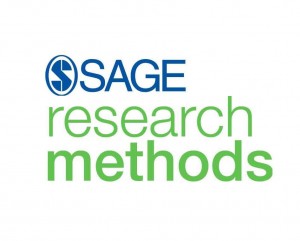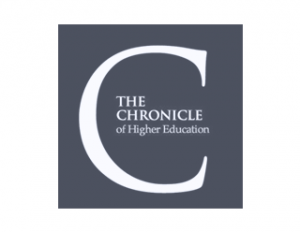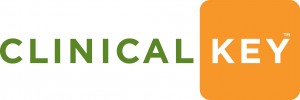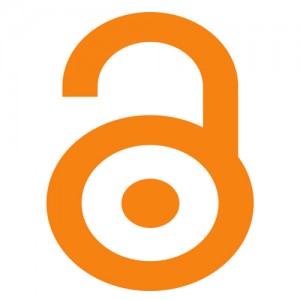Due to budget reductions for FY2012 and estimated price increases of 6-8%, the Library will be cancelling selected electronic journals, electronic books, databases, print monograph series, and other resources for 2012. The entire list in PDF searchable format is available on the Library’s web site.
Foremost is the cancellation of five journal packages:
- Cumulative Index to Nursing and Allied Health Literature (CINAHL) database and journals
- Oxford University Press
- Springer
- Thieme
- Liebert
For many years, the Library has purchased the majority of its electronic resources as bundled packages from different publishers. These journal packages, which are negotiated and licensed through membership in several consortia, have given Library users access to thousands of titles that are shared by all members of the consortium. Group purchasing power and negotiated price caps have helped to offset the 33% rise in prices since 2007.
However, terms of publisher license agreements do not allow for selective cancellation; the entire package must be cancelled. Any individual journals that are selected to keep must be purchased separately at full, non-discounted prices, severely limiting the number of titles that may be retained.
While some cancellations have already taken effect, most will occur with the first issue of 2012. Access to older content will remain in most instances. Some titles may continue to be available after an embargo period. However, Library staff will be happy to obtain articles for you from cancelled journals through interlibrary loan requests.
Collection purchases account for more than 90% of the Library’s operating budget. Every consideration has been given to high-use resources, but the cancellations will have wide impact. If you identify an urgently-needed title on the cancellation list, please send a recommendation and justification to liberesources@utsouthwestern.edu, and it will be considered. Other comments may be sent to Laurie Thompson, Assistant Vice President for Library Services, laurie.thompson@utsouthwestern.edu.
 UT Southwestern Health Sciences Digital Library and Learning Center now has online access to SAGE Research Methods (SRM) for the next three years (2015-2017). This resource was purchased through our consortial partnership with The University of Texas System using Academic Library Collection Enhancement Program (ALCEP) funds allocated by the UT System Board of Regents for one-time collection purchases.
UT Southwestern Health Sciences Digital Library and Learning Center now has online access to SAGE Research Methods (SRM) for the next three years (2015-2017). This resource was purchased through our consortial partnership with The University of Texas System using Academic Library Collection Enhancement Program (ALCEP) funds allocated by the UT System Board of Regents for one-time collection purchases.
 After December 31, 2014, the Library’s subscription to
After December 31, 2014, the Library’s subscription to 

